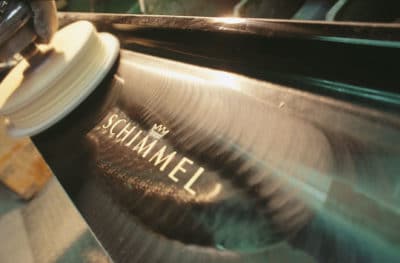
Finishing & Colours
A flawless mahogany finish is created in several steps: First, the top layer of mahogany veneer is stained, followed by coats of transparent polyester lacquer, then sanded and rubbed with rubbing compound containing wax.

Individually Numbered Veneers
Schimmel is very careful and judicious in processing choice veneers. Experts match grain structures and colours. Piece by piece, the sheets of veneer are jointed together in a jointing machine, resulting in grain structures with a high degree of uniformity. The jointed sheets of veneer are inspected for colour match and workmanship. Each individual sheet is numbered and catalogued. The art of veneer processing is a long-standing Schimmel tradition, evident in the striking beauty and unmistakable character of Schimmel pianos.
Schimmel instruments are particularly distinct from other pianos due to their exceptional exterior finish. Schimmel craftsmen apply a traditional piano varnish thirteen times, with around one and a half kilograms layered per square metre! It is further buffed by hand to produce a beautiful high gloss.
Schimmel Standard Finishes
Cherry Finish
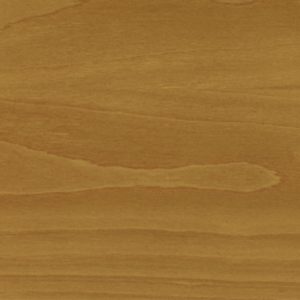
Black High Gloss

White High Gloss

Alder Finish

Mahogany Finish
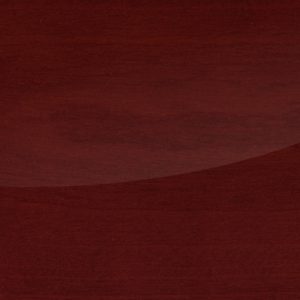
Walnut Finish
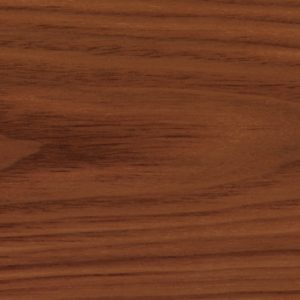
Cabinetmaking
Schimmel carefully selects high quality woods, then stores them under ideal conditions. After the appropriate aging period, experienced workers fashion individual parts for precision fitting. Moistureproof wood glues ensure glue joints that hold. The edges of the cabinetry components are either veneered or provided with solid-wood edge strips.
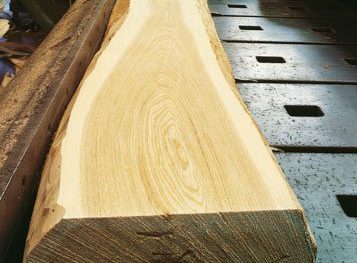
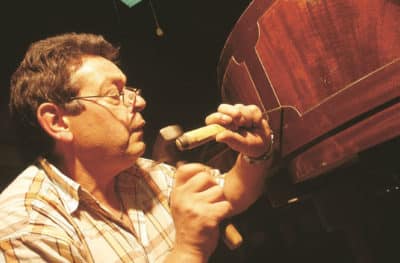
The Art of Inlaying
Patience, a steady hand and a love for fine craftsmanship are much sought-after qualities when it comes to inlaying. Delicate decorative elements are fitted into place with the utmost of care, in such a manner that after the rubbing operation they form one single unit with the cabinet component in which they were inlaid. The various types of exotic woods form traditional patterns, intarsias of tasteful arabesques. Discreet in form and color, they underscore the respective style of the instrument and impart a subtle touch of nostalgia
Buffing
Schimmel uses special polyester lacquers for its high-gloss finishes. These premium lacquers produce a layer of paraffin on the surface during the hardening stage, which is later removed in a number of sanding operations, each time using ever finer grit sandpaper. Following this, the cabinetry components are rough buffed by machine, using buffing wheels or belts and buffing compound. The final mirror-like finish is created in the fine buffing operation; the last traces of sanding and buffing marks are removed with rotating buffing wheels and buffing compound. Following this operation, the finish is cleaned and rubbed with liquid rubbing compound until the finish is absolutely flawless.
